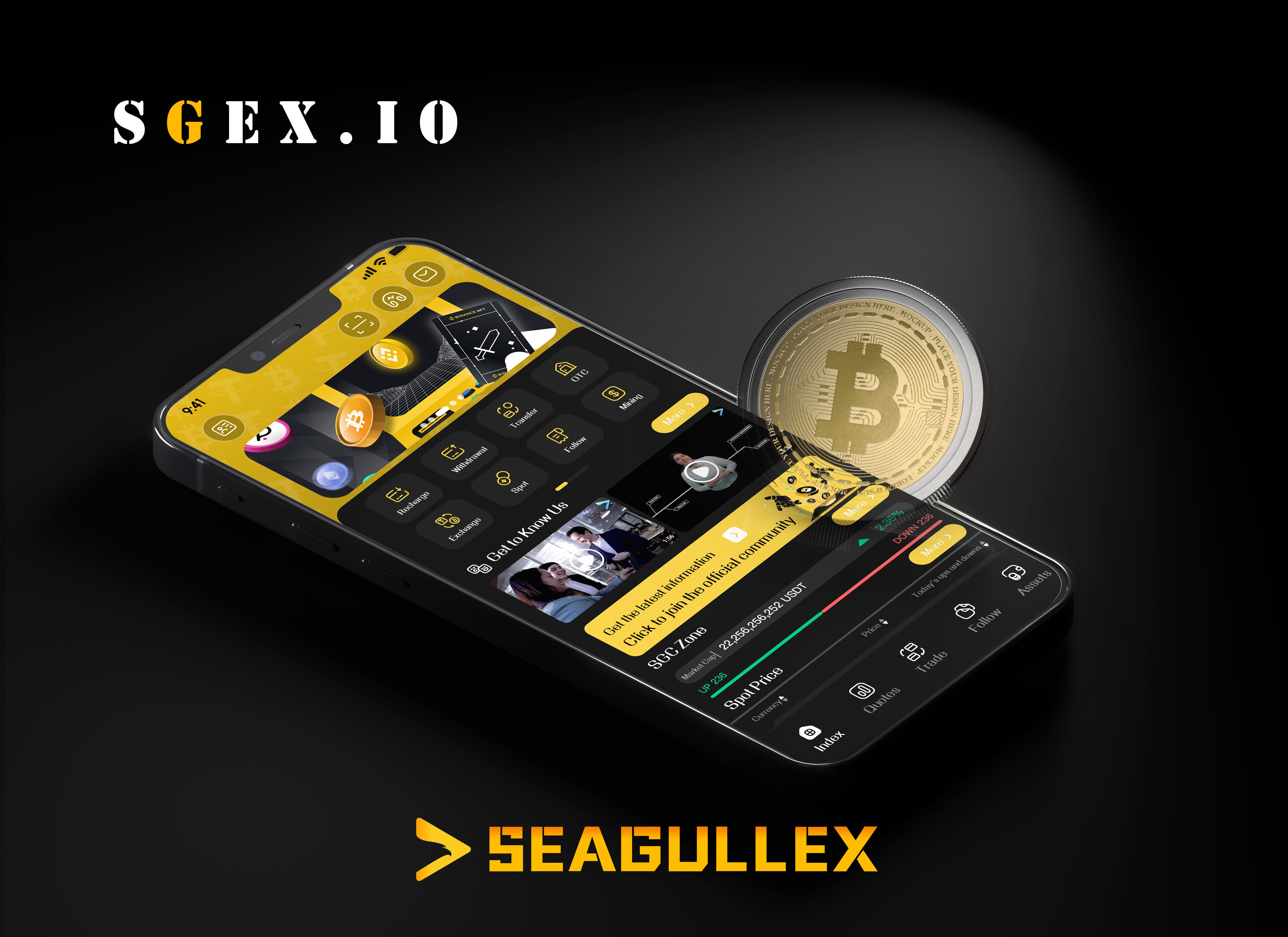In the ever-changing crypto market, there is a type of trader who is not as aggressive as intraday high frequency, nor as dependent on emotional fluctuations as trend following. They quietly capture the pricing deviations between markets and quietly make profits in a low-risk and stable way. They are arbitrage traders. Behind their stable operation is a powerful trading infrastructure platform. Among them, SeaGull EXchange is becoming one of the preferred centralized platforms for arbitrage traders with its professional arbitrage system, safe asset protection and rich strategy tools. Arbitrage trading: the lubricant of market efficiency and the power of price stability. Arbitrage trading is essentially the use of price differences between different markets, products or time nodes to make low-risk arbitrage profits. It is not speculation, but an efficient and rational market regulation mechanism. Through the continuous operation of arbitrageurs, price deviations will be quickly corrected, thereby promoting more accurate market pricing and improving overall liquidity and efficiency. In the globalized, 7x24-hour operation of the crypto market, the significance of arbitrage trading is particularly important. It not only stabilizes the market order, but also becomes an important force in promoting trading volume and asset activity. Typical application scenarios of crypto arbitrage, with the support of centralized platforms such as SeaGull EXchange, arbitrage transactions can be quickly and efficiently implemented in the following scenarios: Cross-platform price arbitrage: For example, if the price of BTC on SeaGull EXchange is lower than that on other exchanges, the hedge arbitrage of buying and selling can be realized. Spot-contract funding rate arbitrage: With the help of SeaGull EXchange's stable perpetual contract system, a "spot long + contract short" position is constructed to achieve stable passive income when the funding rate is positive. Stablecoin arbitrage: There are slight differences in the prices of USDT and USDC between different platforms. With the fast matching and stable deposits and withdrawals of SeaGull EXchange, low-risk arbitrage between stablecoins can be achieved. Cross-currency arbitrage (triangular arbitrage): Through chain exchange between currencies such as BTC, ETH, and USDT, the exchange rate difference is locked in a short period of time, which is suitable for market structures with strong liquidity and frequent fluctuations. Traditional arbitrage vs. crypto arbitrage: a paradigm revolution. Arbitrage in traditional financial markets mostly relies on complex models such as regulatory arbitrage, capital cost differences, or cross-product interest rate hedging, which have high thresholds, slow processes, and short opportunity windows. The arbitrage logic in the crypto market is becoming flatter and more open: Globalized trading clock: The crypto market has no borders, no market closures, and more diverse arbitrage opportunities. Real-time and transparent on-chain data: With the help of on-chain data and API interfaces, arbitrage signals are clearer. Significant exchange spreads: Due to differences in liquidity, depth, etc., price fluctuations bring natural arbitrage space. Strong trend of technical automation: Robots, quantitative programs, and API connections have become the "standard" for arbitrage. At SeaGull EXchange, arbitrageurs can build more efficient automated arbitrage models through rich technical interfaces, fast matching systems, and multi-market docking. New trends in arbitrage trading: From opportunistic to systematic evolution As the market matures and technology upgrades, arbitrage trading is showing several new trends: Deepening automation: Using APIs and robots to execute arbitrage logic has become the mainstream. Multi-strategy integration: The compound model of arbitrage + quantitative + AI risk control is gradually emerging. Cross-chain arbitrage: The liquidity difference between DeFi and CeFi is beginning to be exploited by arbitrageurs. Arbitrage as a Service (AaaS): SeaGull EXchange is exploring packaging arbitrage strategies into "copy products" so that ordinary users can also participate in arbitrage dividends.
